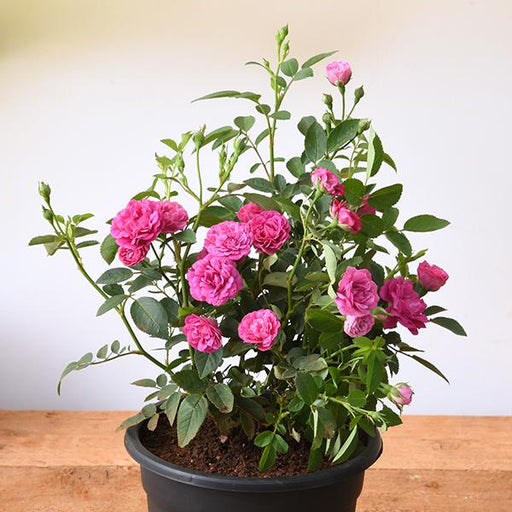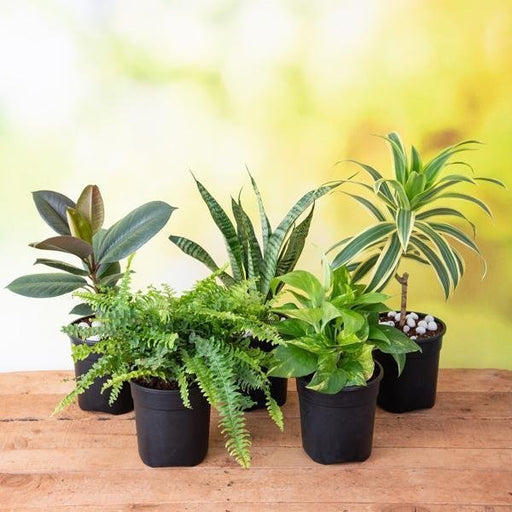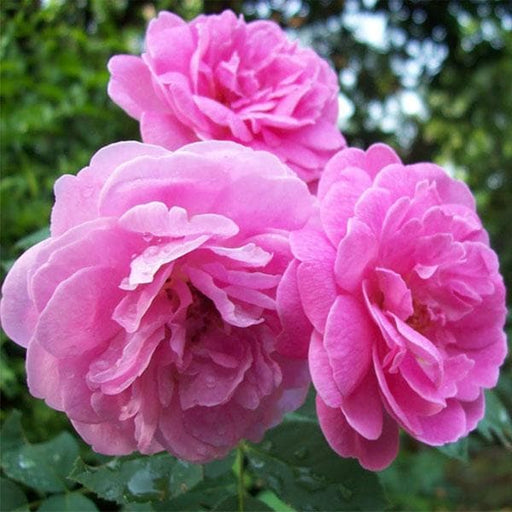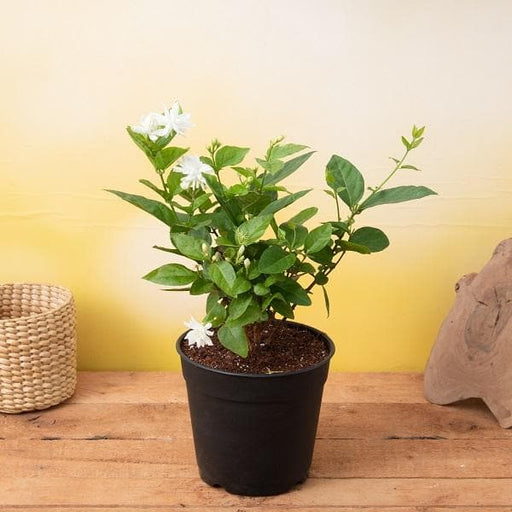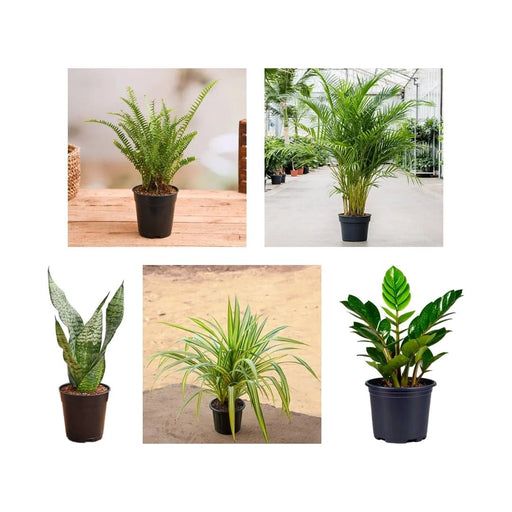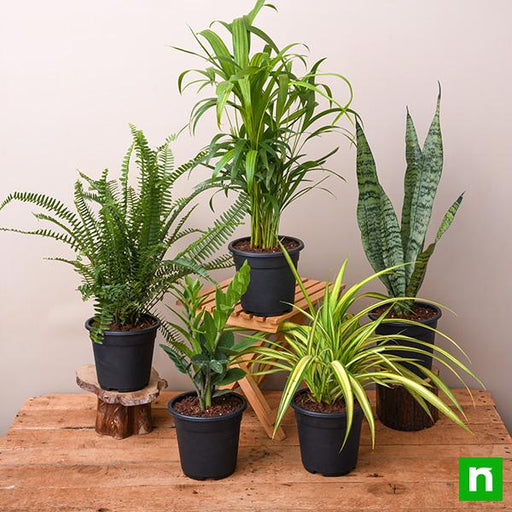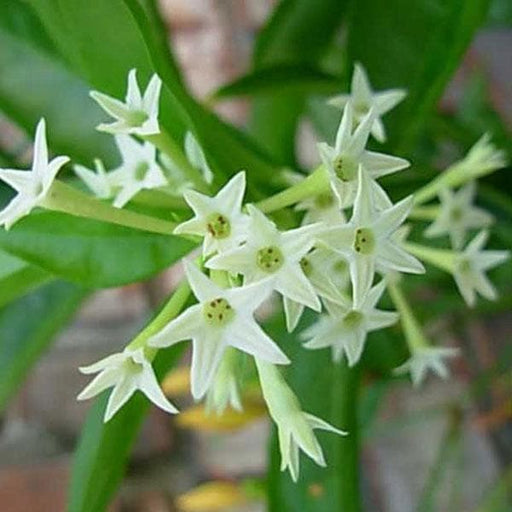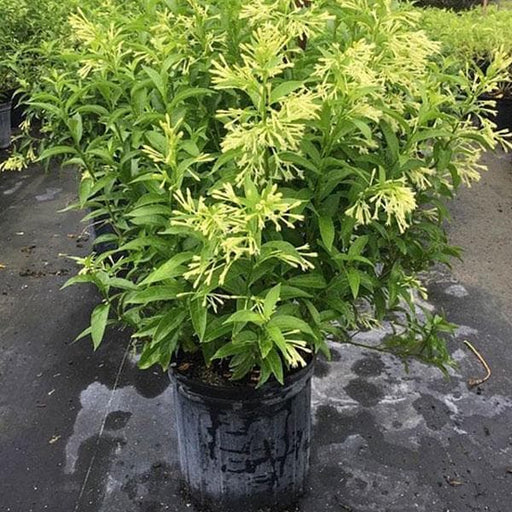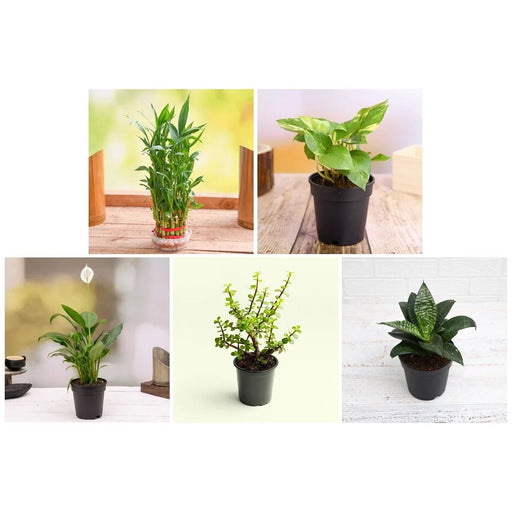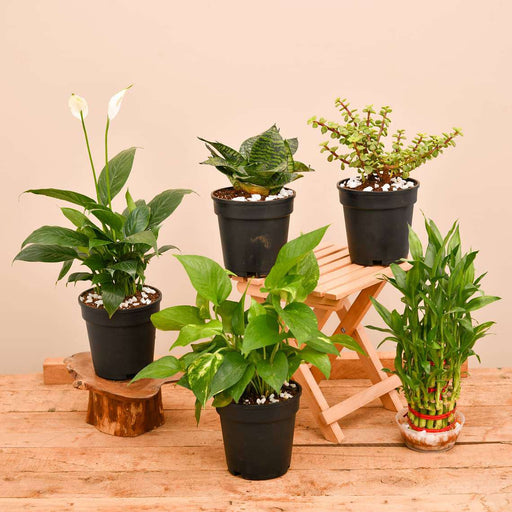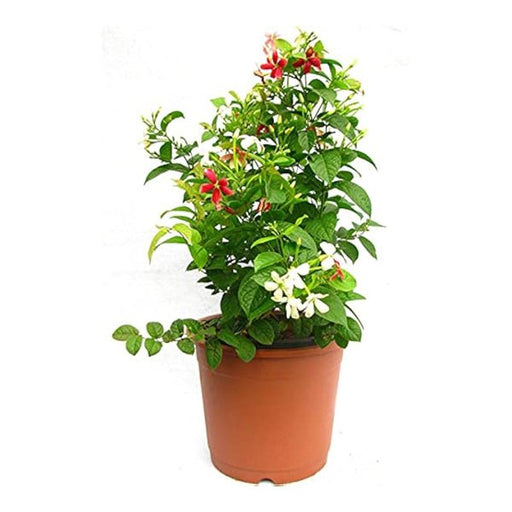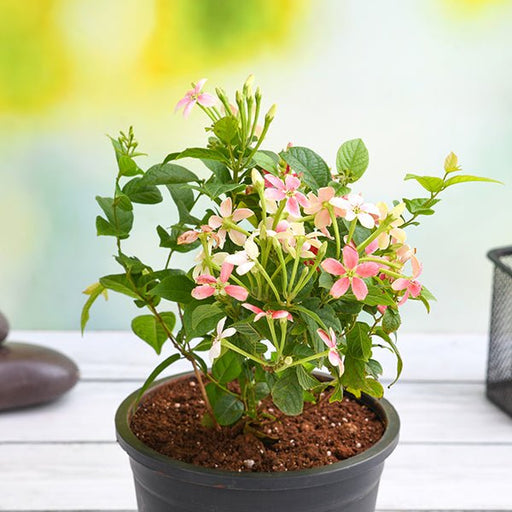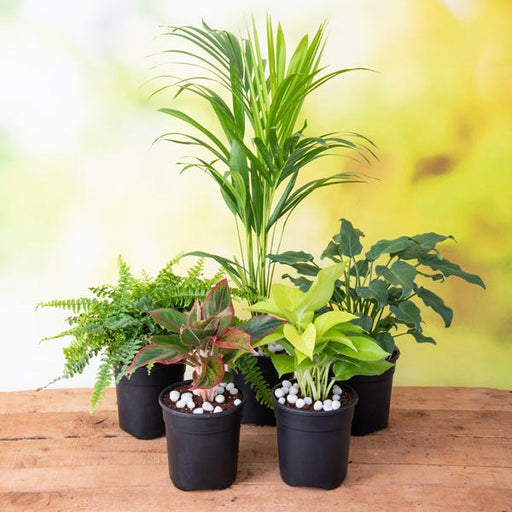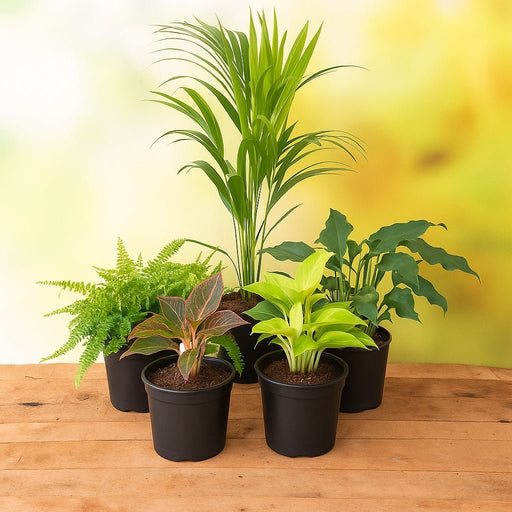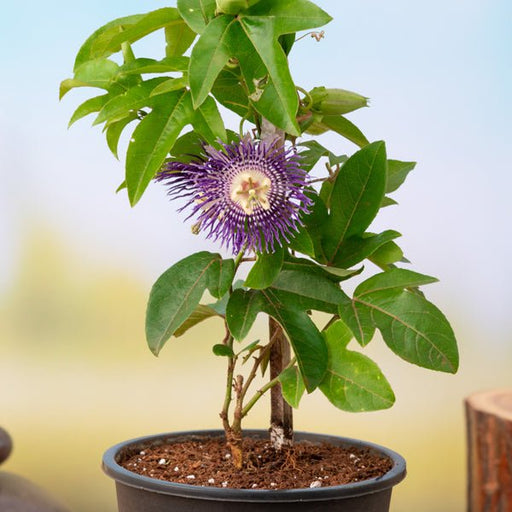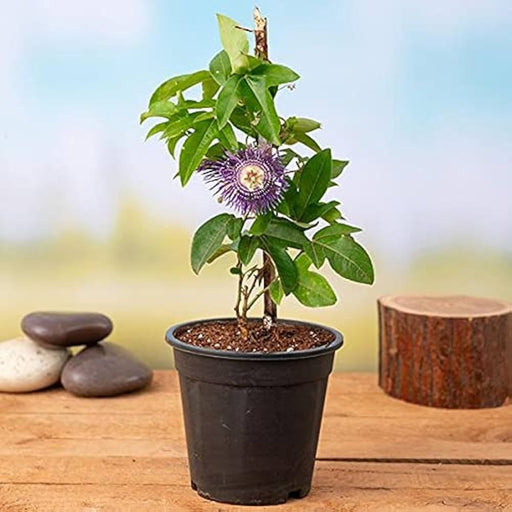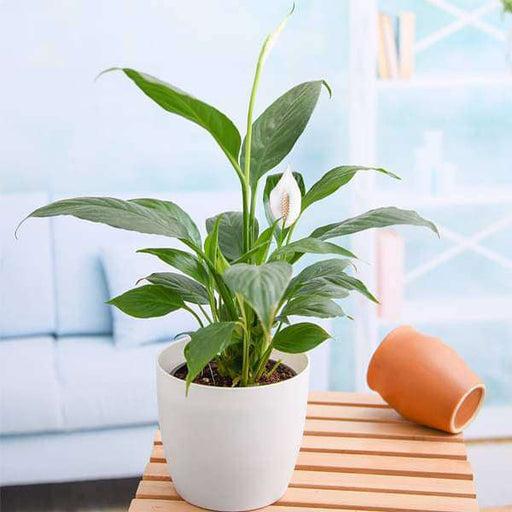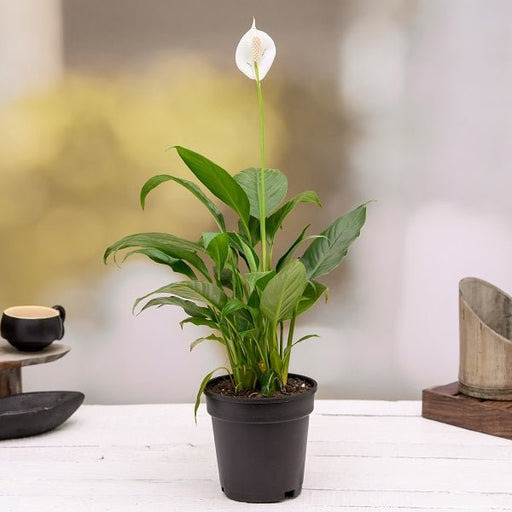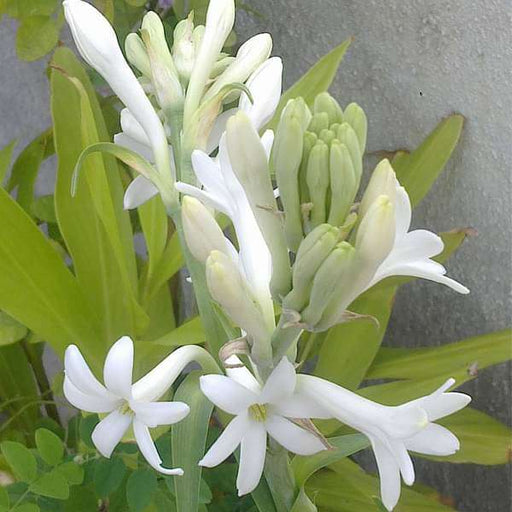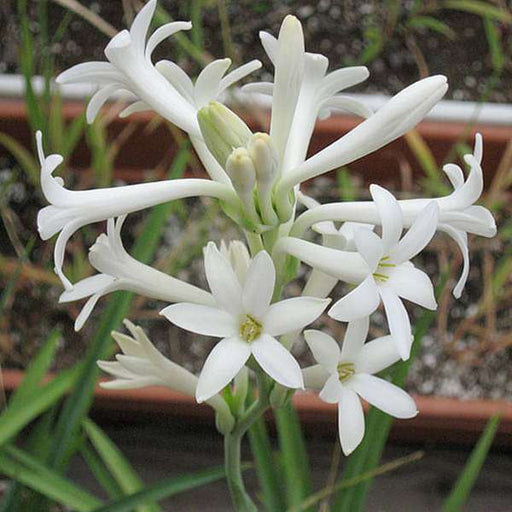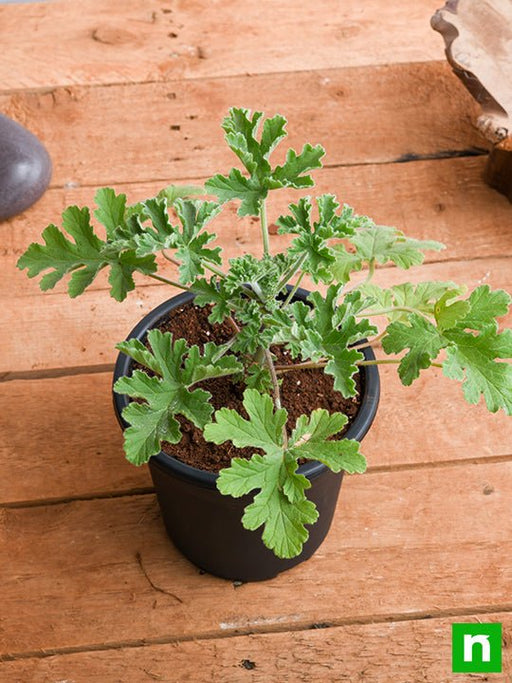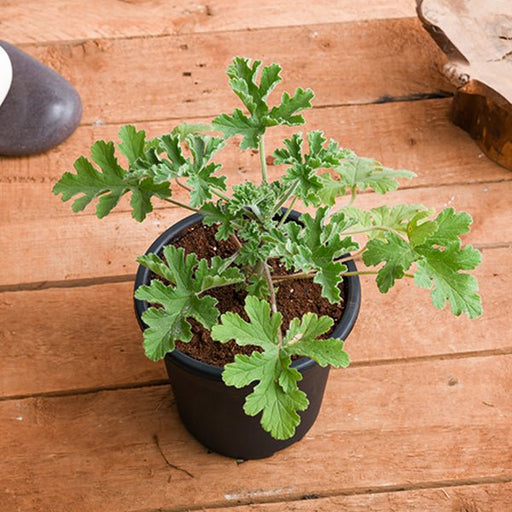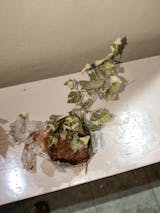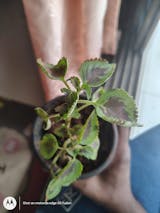Monsoon flowering plants
Monsoon season can be a great time to enjoy the beauty of flowering plants. Some great options for monsoon flowering plants include hibiscus, bougainvillea, and passionflower.
Monsoon vegetable plants
Monsoon season can also be a great time to grow your own vegetables. Some great options for monsoon vegetable plants include tomatoes, cucumbers, and beans.
Monsoon garden care
Taking care of your garden during monsoon season requires a little extra attention. Make sure to keep an eye on drainage and water levels, and be prepared for heavy rains and high winds.
Monsoon plant pests
Unfortunately, monsoon season can also bring out unwanted pests such as mosquitoes and aphids. Consider using natural pest control methods such as neem oil or companion planting.
Monsoon herbs
Herbs can be a great addition to your garden during monsoon season. Some great options for monsoon herbs include basil, mint, and cilantro.
Monsoon shade plants
If your garden doesn't get a lot of direct sunlight during monsoon season, don't worry! There are plenty of shade plants that can thrive in this environment, such as ferns, hostas, and begonias.
Monsoon houseplants
If you want to bring a touch of the outdoors inside during monsoon season, consider adding some houseplants to your space. Some great options for monsoon houseplants include peace lilies, spider plants, and ZZ plants.
Monsoon garden design
Monsoon season can provide a great opportunity to redesign your garden with new plants and features. Consider adding a water feature or creating a rain garden to make the most of the rainy season.
Monsoon ground cover plants
Ground cover plants can help protect your soil and prevent erosion during monsoon season. Some great options for monsoon ground cover plants include creeping thyme, clover, and ajuga.
Monsoon tree care
Trees can be especially vulnerable during monsoon season, so it's important to take care of them properly. Make sure to prune any dead or damaged branches, and consider adding support if needed.
Monsoon grasses
Ornamental grasses can add texture and interest to your garden during monsoon season. Some great options for monsoon grasses include pampas grass, fountain grass, and blue fescue.
Monsoon container plants
If you don't have a lot of space for a full garden, consider growing plants in containers during monsoon season. Some great options for monsoon container plants include ferns, coleus, and impatiens.
Monsoon landscape design
If you're looking to redesign your entire landscape during monsoon season, consider working with a professional designer to create a plan that incorporates monsoon-friendly plants and features.
Monsoon cacti and succulents
Cacti and succulents can be a great choice for monsoon season because they require less water and can tolerate high humidity. Some great options for monsoon cacti and succulents include prickly pear, aloe vera, and jade plant.
Monsoon bird-friendly plants
Monsoon season can be a great time to attract birds to your garden with bird-friendly plants. Some great options for monsoon bird-friendly plants include milkweed, sunflowers, and coneflowers.
Monsoon plant propagation
Monsoon season can be a great time to propagate your existing plants and grow new ones. Consider using techniques such as stem cuttings or division to grow more plants for your garden or to share with friends.
Monsoon medicinal plants
Many medicinal plants thrive during monsoon season, making it a great time to grow your own remedies. Some great options for monsoon medicinal plants include turmeric, ginger, and holy basil.
Monsoon air-purifying plants
During monsoon season, high humidity and increased rainfall can lead to increased mold and mildew. Consider adding air-purifying plants such as spider plants, snake plants, and peace lilies to help improve air quality in your home.
Monsoon fragrant plants
Monsoon season can bring out the best in fragrant plants, making it a great time to enjoy their scents. Some great options for monsoon fragrant plants include jasmine, plumeria, and night-blooming cereus.
Monsoon flowering shrubs
Shrubs can add height and structure to your garden during monsoon season, while also providing beautiful blooms. Some great options for monsoon flowering shrubs include hydrangeas, hibiscus, and rose of Sharon.









